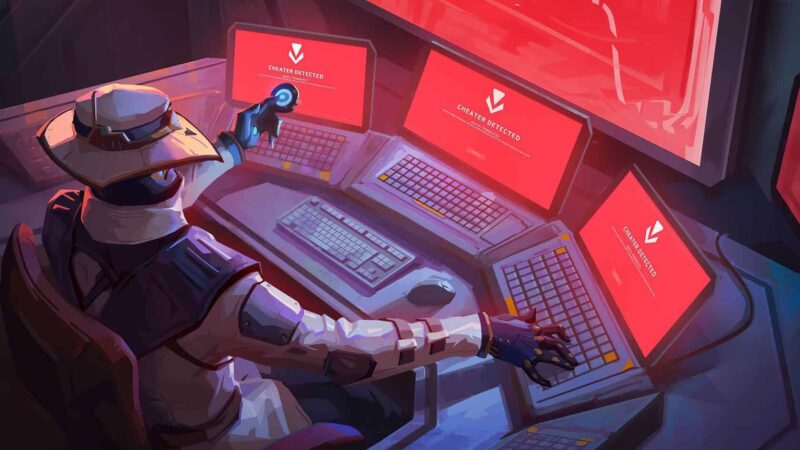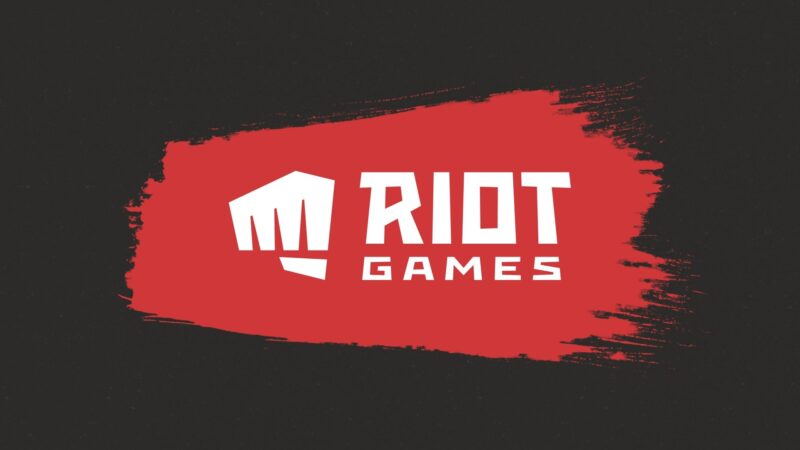Riot Games has spent years positioning itself as a company dedicated to competitive integrity, and that focus naturally extends to its anti-cheat technology.
Vanguard emerged as a bold step toward building a strict security perimeter around Valorant and any future titles tied to Riot’s infrastructure.
Many players see the anti-cheat system as a necessary measure for maintaining fair play, while others remain uneasy about the depth of system-level access required.
Concerns about privacy, data control and long-term safety persist across online discussions, fueling debate each time Riot upgrades or expands the reach of its anti-cheat tools.
What is Vanguard?

Vanguard operates as a layered anti-cheat framework connected to three main components. A sentence introducing bullet points is needed here, covering the core structure:
- A user-mode client
- A kernel-mode driver with elevated privileges
- A coordinating platform that manages enforcement signals
A client monitors in-game behavior, a driver observes low-level activity and a platform interprets signals before issuing penalties.
Kernel-level access sits at the center of ongoing debate. Vanguard’s driver launches during system boot and remains active even when Valorant is not open.
Games tied to Riot’s ecosystem cannot start without the driver running. Riot argues that the measure responds to increasingly advanced cheat tools.
DMA boards, HDMI manipulation devices and hardware-level exploits operate outside the reach of user-mode protection, so Vanguard positions itself in a privileged zone that mirrors the environment such cheats rely on.
Riot claims that modern exploit chains require countermeasures situated close to hardware. Early boot activation and high-visibility scanning aim to block gaps exploited by experienced cheat developers.
Riot’s Justification for Kernel-Level Access

Riot’s internal teams maintain a philosophy centered on “security-first, player-trust aligned development.”
Developers mention an ongoing arms race that encourages proactive anti-cheat defenses. A core philosophy based on “preemptive, privileged access” shapes Vanguard’s design choices.
Riot outlines several strategic measures. A sentence announcing bullet points is needed here to introduce those strategies:
- Hardware enforcement using TPM and Secure Boot
- Code integrity verification
- Crash behavior monitoring
- Intelligence-focused initiatives
- Psychological deterrence aimed at cheat creators
Experts inside Riot insist that certain exploit families remain invisible without kernel-level monitoring.
Riot claims that broad visibility gives players confidence that matches stay protected against high-end manipulation.
Efficacy and Results
Vanguard’s measurable impact on cheating in Valorant remains prominent in Riot’s reports and third-party assessments.
A global cheating rate under one percent in ranked modes, reported by HyperAI in 2025, points to strong performance relative to many competitive shooters.
Long-term monitoring indicates a visible decline in advanced exploit activity once Vanguard matured across multiple update cycles.
Riot applies a tactical structure to enforcement. A sentence announcing bullet points is needed here to outline those tactics:
- Hardware fingerprinting to tie accounts to devices
- Controlled tolerance for low-level “dumb cheating” for behavioral study
- Infiltration of cheat-developer communities for intelligence gathering
Mention of an AI detector occasionally appears in community discussions when players attempt to analyze leaks or claims about Vanguard’s system behavior.
Riot asserts that monitoring efforts remain focused only on anti-cheat signals rather than personal activity.
External Audits and Oversight

Riot frequently emphasizes oversight as part of the Vanguard rollout. Three independent security firms have performed audits designed to test boundaries, uncover weaknesses and ensure safe handling of privileged operations.
Black-box testing environments simulate hostile attacks, and Riot reinforces internal safeguards based on those findings.
Fail-safes inside Vanguard allow updates without relying on the main game client.
Riot also provides an uninstall option for players who prefer to remove Vanguard without deleting Valorant. These choices serve as reassurance tools for users who want tighter control over system behavior.
Transparency reports released by Riot highlight continuous oversight. External auditing functions as an accountability layer Riot references whenever privacy discussions surface among community members.
The Bottom Line
Riot continues to push forward with an ambitious anti-cheat strategy that blends high technical capability with a strict enforcement philosophy.
Privacy concerns remain a central talking point for many players, yet Riot argues that competitive integrity demands stronger tools than ever before.
A final consideration lingers for players and industry leaders alike: is Riot setting the standard for future online gaming security, or opening a path that crosses an important privacy line?


